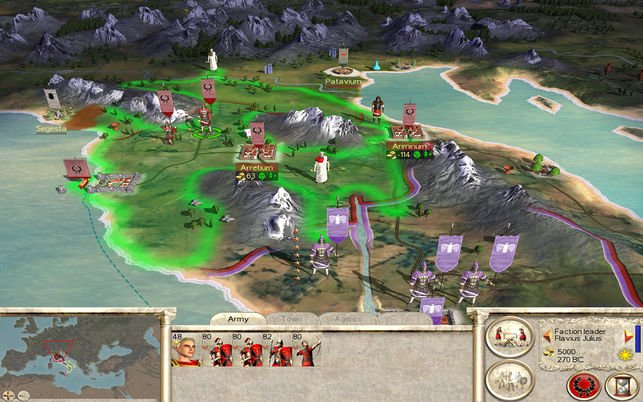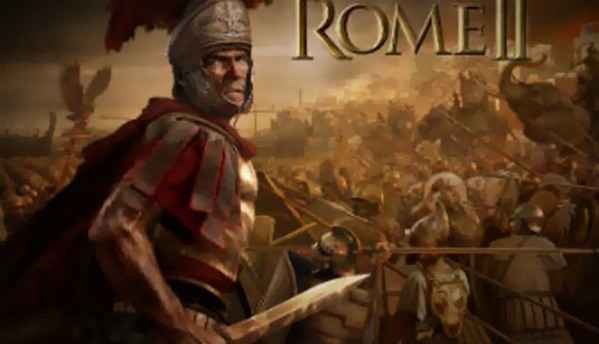
)īell also exaggerates the bloodshed in Napoleon's wars, where-in fifteen years of war-the French lost only 86,500 killed in action, not one million, which is the casualty figure, including killed, wounded, deserters, captured, and missing. See Charles Esdaile's new Peninsular War.

(Except in Spain, there was no sustained guerrilla activity, and by late 1810, the French conquest of Spain was all but complete.

(Few had arms, because of gun control under the monarchy the rattled commander threw open the main gate for the people.) "From Portugal to the Tyrol to Russia, insurgents declared total war on " (p. For example: The people "took up arms" (p. Perforce, this has led Bell to repeat some myths about the Revolutionary/Napoleonic period, and make mistakes.

In the process, the French, then other western societies, became militarized, developing respect for generals over politicians, and faith in citizen-soldiers.īell's method seems akin to that of Jules Michelet, who, for his Révolution française, reputedly read everything in the archives, but cast aside his notes (if any), and was guided by instinct. Then the revolutionaries hatched the idea of spreading liberté, égalité, fraternité to other Europeans, but discovered (to paraphrase Robespierre) that "No one loves armed missionaries"(p. The author writes that this model-now fully impressed on the Western mind-began to take shape during the Enlightenment, when major figures favored perpetual peace, but back-peddled.

To this familiar mix, Bell adds the element of ideological purpose, which the French abandoned in exchange for admiration of the "prowess of individual warriors" (p. They involved conscription, the mobilization of the material resources of the nation, and propaganda to convince the people to support war against a "criminal " enemy (p. The first Total War, David Bell holds, comprised the Wars of the French Revolution and Napoleon.


 0 kommentar(er)
0 kommentar(er)
